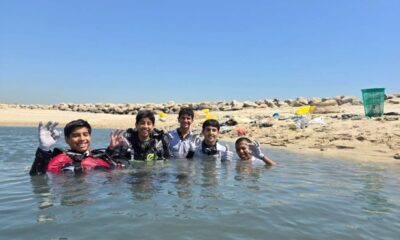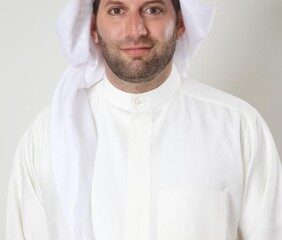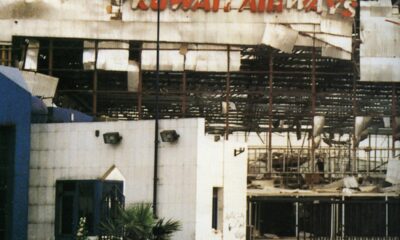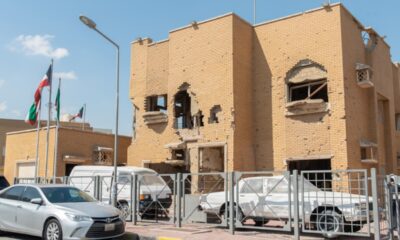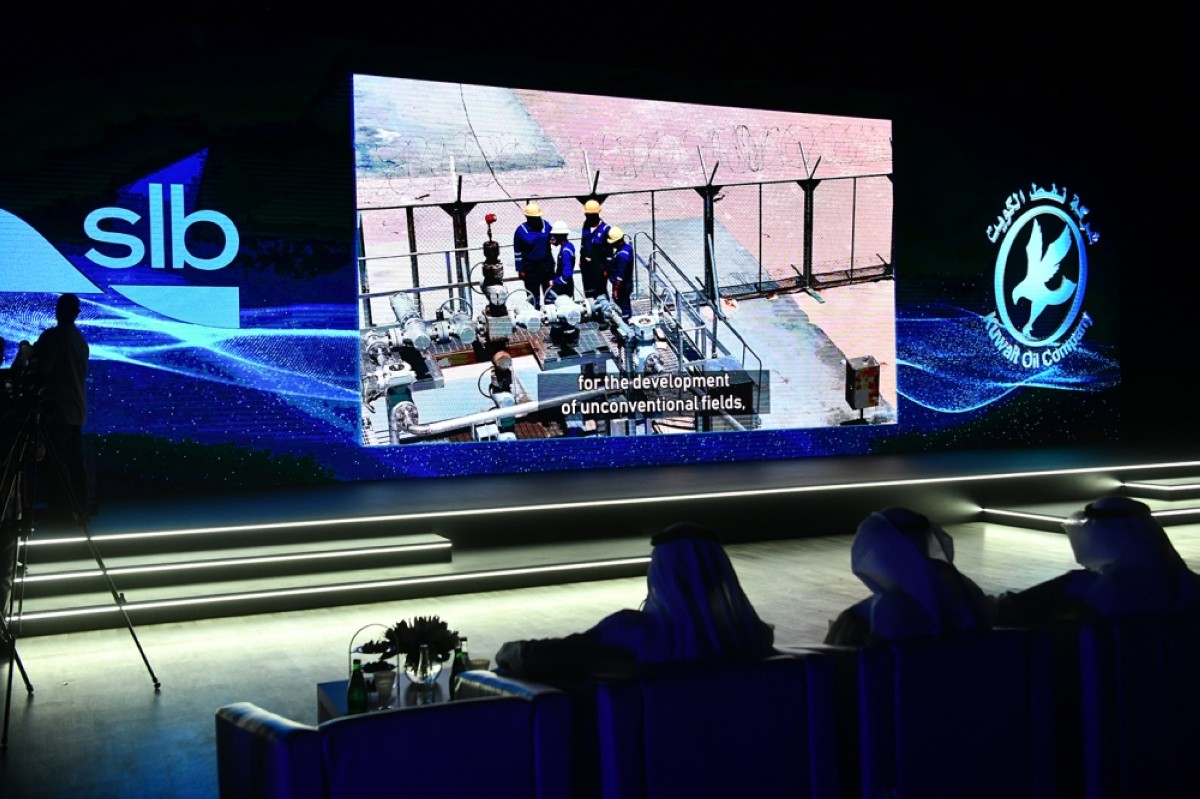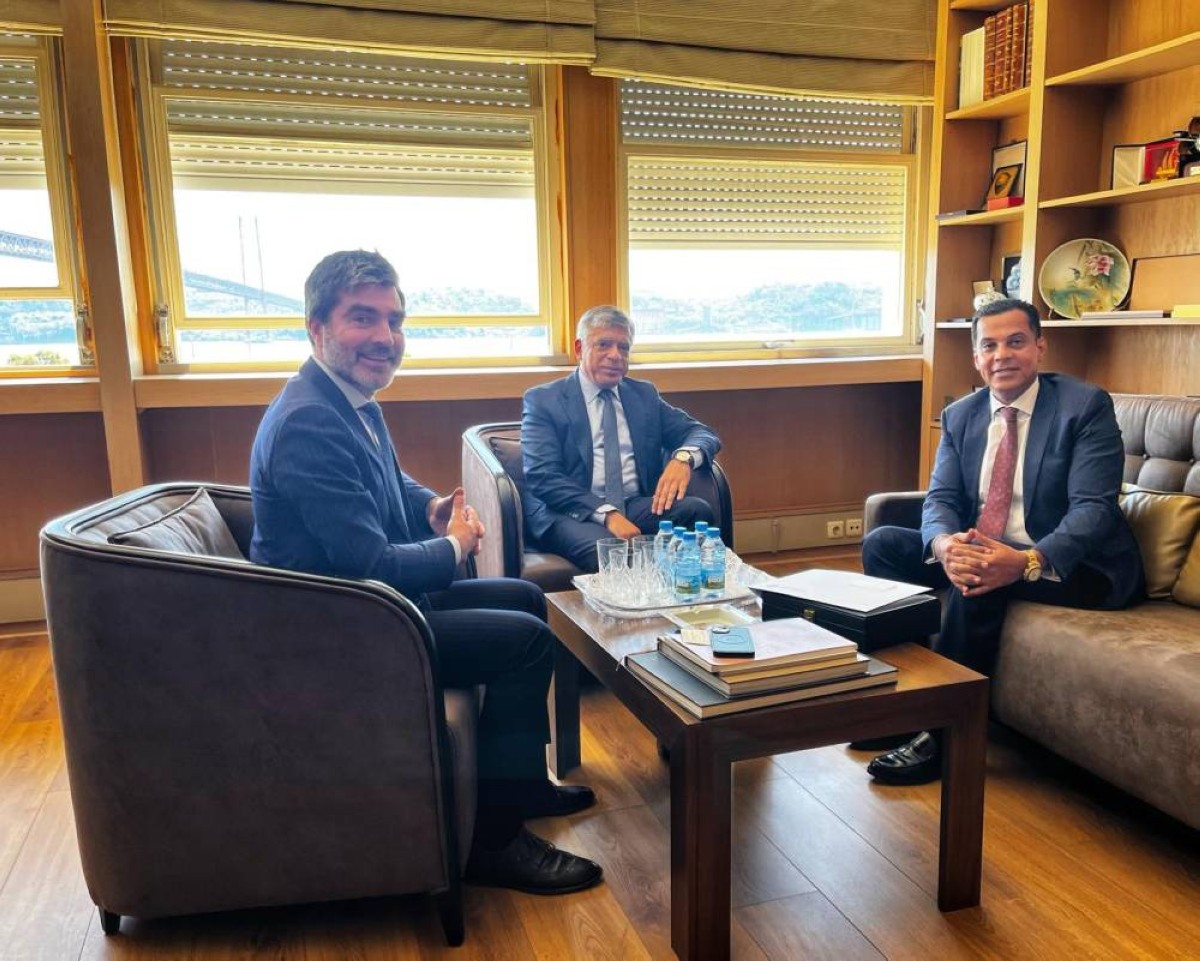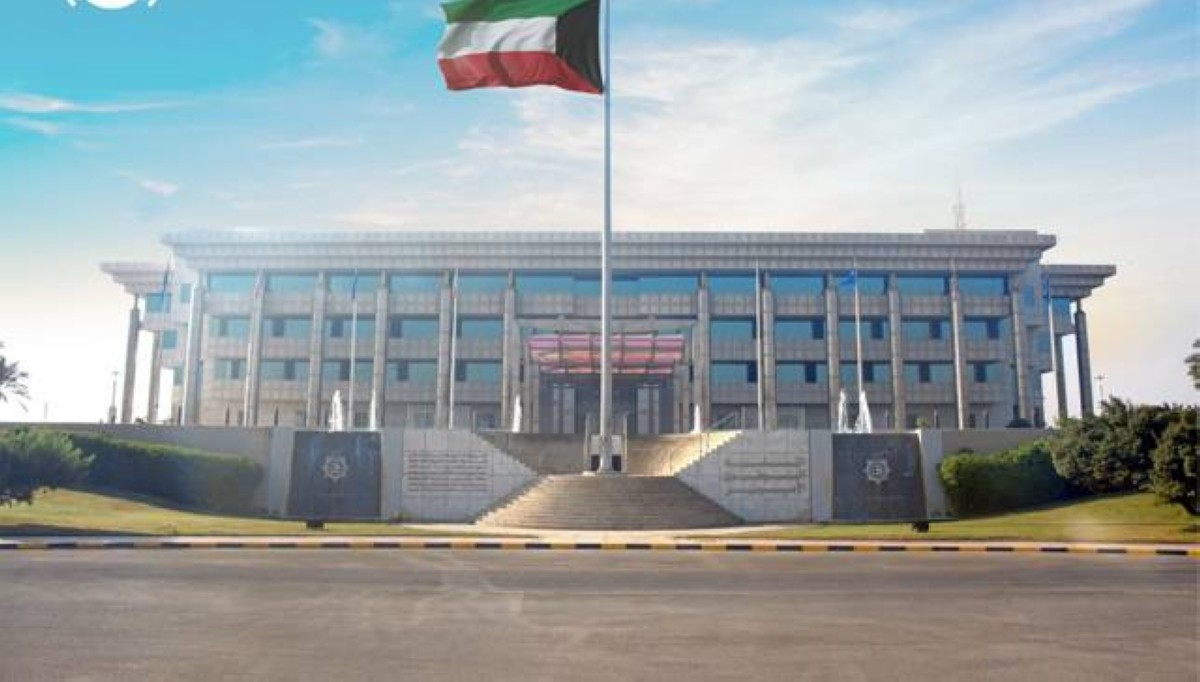By Ahmad Boukaheel
KUWAIT: At the break of dawn on August 2, 1990, Ghanima Al-Haroun’s life was upended by a knock on the door. It was the tenant living in their house, bringing urgent news. “The Iraqis have entered Kuwait,” said the Yemeni man who worked at Kuwait News Agency (KUNA).
Thirty-five years later, the memory of that moment is still etched in her mind. “My sister came over, and we went to our family home in Al-Dhahiya,” she recalled. Their mother and children were abroad in Switzerland at the time, and after the invasion was announced, they rerouted to Bahrain — a safer Gulf state.
Like many Kuwaitis during that time, Al-Haroun and her family communicated in code. “We spoke in riddles on the phone because the Iraqis were monitoring the lines,” she said. “We’d say things like: Take the sabour (fish) out of the house and roast it in the baker’s oven — meaning: Evacuate the children.”
She remembers when one day soldiers stormed the house, vandalizing it and stealing supplies. “They were looking for phones or anything that could help Kuwaitis communicate. We used to hide them under the couches,” she said.
Every evening at sunset, the family sat on the staircase to recite Surah Al-Zalzalah, praying that “God would shake the ground beneath the occupiers.”
Fear at gunpoint
Ali Abdulaziz Bukhail woke up one day to see a vacant piece of land in front of his home turned into an anti-aircraft installation. He also remembers how bodies of abducted and murdered Kuwaitis were ruthlessly dumped there. But his most harrowing memory came during a routine drive with his seven-year-old daughter, Dalal. Iraqi soldiers stopped their car at a checkpoint. “They pulled us out. One soldier grabbed my daughter’s hands and cuffed her,” he said.
He watched helplessly as the soldier pointed a gun at Dalal’s head, demanding to know if Bukhail possessed any photos of Sheikh Jaber or the Kuwaiti flag — symbols the occupiers were determined to erase. “They tore the car seats, ripped out the panels, searched everything,” he said. When they found nothing, the soldier finally shoved Dalal back into the car and said, “Drive.”
Bukhail remembers his shock, especially because his family had frequently visited Iraq. Dalal trembled in fear but didn’t cry — she was stunned. “I didn’t think they would be so brutal because they are Arab, just like us,” said her father.
The soldiers would also threaten people who tried to get food rations (tamween). Al-Haroun recalled how surprised she was when an Iraqi soldier confronted her during a routine ration pickup. “What are you doing here?” she remembered him saying. Alarmed that she could be killed, fellow Kuwaitis stepped in to protect her. Bukhail said Iraqi soldiers often demanded something at every checkpoint — cigarettes, fruit, anything.
‘Only bones returned’
Dr. Waleed Al-Saif, a historian, described to Kuwait Times how many Kuwaitis who were abroad when Iraq invaded returned to join the underground resistance. After leaving their vacation destinations for Saudi Arabia and disguising themselves in Gulf clothes, some entered Kuwait and formed a group called “Yousef Al-Meshari.”
The group included figures like Yousef Al-Meshari, Abdulwahab Al-Muzain, Yaqoub Al-Sajjari, Saffah Al-Mulla, Abdullah Al-Jiaran, and Abdulsalam Al-Sumait. But betrayal was never far.
A man informed the Iraqis that there were young men in a safehouse in Al-Nuzha. “The group was arrested, interrogated at Al-Nuzha police station, then sent to Nayef Palace, which had become a notorious detention center, then to Iraq. “There, they faced brutal torture — beatings, nail removal, floggings,” said Al-Saif. “Some never made it back. Only their bones returned.”
Over 600 prisoners
The wife of a commando brigade commander, Diaa Rashed, left behind with her young children and nephew when her husband was called into duty, recalls the chaos and fear that swept the country. “That day was the beginning of months of terror but faith in Almighty Allah gave me strength,” she wrote in her diary, which she shared with Kuwait Times. “We gathered as a family and held each other up until liberation. Unity was our greatest weapon.”
Lt Col Ahmad Saad Al-Munifi received a call from command on the first day of the invasion to activate Kuwait’s emergency deployment plan. “At 12:00 am, we began defending oil facilities. By morning, we tried sending forces to Al-Mutlaa, but the Iraqis were already there.”
After fierce clashes, Al-Munifi and over 600 others — officers, soldiers, and civilians — were captured and taken to Basra prison, then transferred to Al-Rasheed Camp in Baghdad.
“The conditions were catastrophic,” he said. “We were in shock that Kuwait had actually fallen.” In mid-November 1990, they were moved to Ba’aqouba prison in Baghdad, which Al-Munifi described as abandoned.
The Kuwaiti prisoners organized themselves in captivity to maintain morale and discipline. Cooks and doctors took on roles to care for others. “We rebuilt the prison after it was rundown,” he said. Families were allowed to visit the prisoners, bringing clothes and money — until the air campaign of Operation Desert Storm began. “It was like a dream,” he said. “Since August 2, we knew what was happening in the world through the radio, but we hadn’t heard anything about our families.”
After liberation, the Red Crescent facilitated their return by bus convoys. Al-Munifi reached Kuwait on March 28, 1991. “The moment we crossed back into Kuwait was unforgettable. It was black everywhere, but we were in high spirits,” he said. “Kuwaitis love their land and have always rallied behind their leadership.”
Never forget
Resistance was not just carried out with weapons. Al-Haroun recalled how her brothers supported their neighborhood by delivering water to homes and extending electricity to places like power stations and food outlets.
“We didn’t expect the war to end in seven months,” she said. “We heard ululations and takbeerat from the mosques, and that’s how we learned Kuwait was free.”
As Kuwait commemorates the 35th anniversary of the invasion, survivors are urging younger generations not to forget. “This country is a gift,” said Al-Munifi. “In times of crisis, unity and love for the homeland are what carry you through.”
Al-Saif’s message to today’s youth is simple: “Hold on to your homeland and be grateful. It’s a blessing beyond measure.”
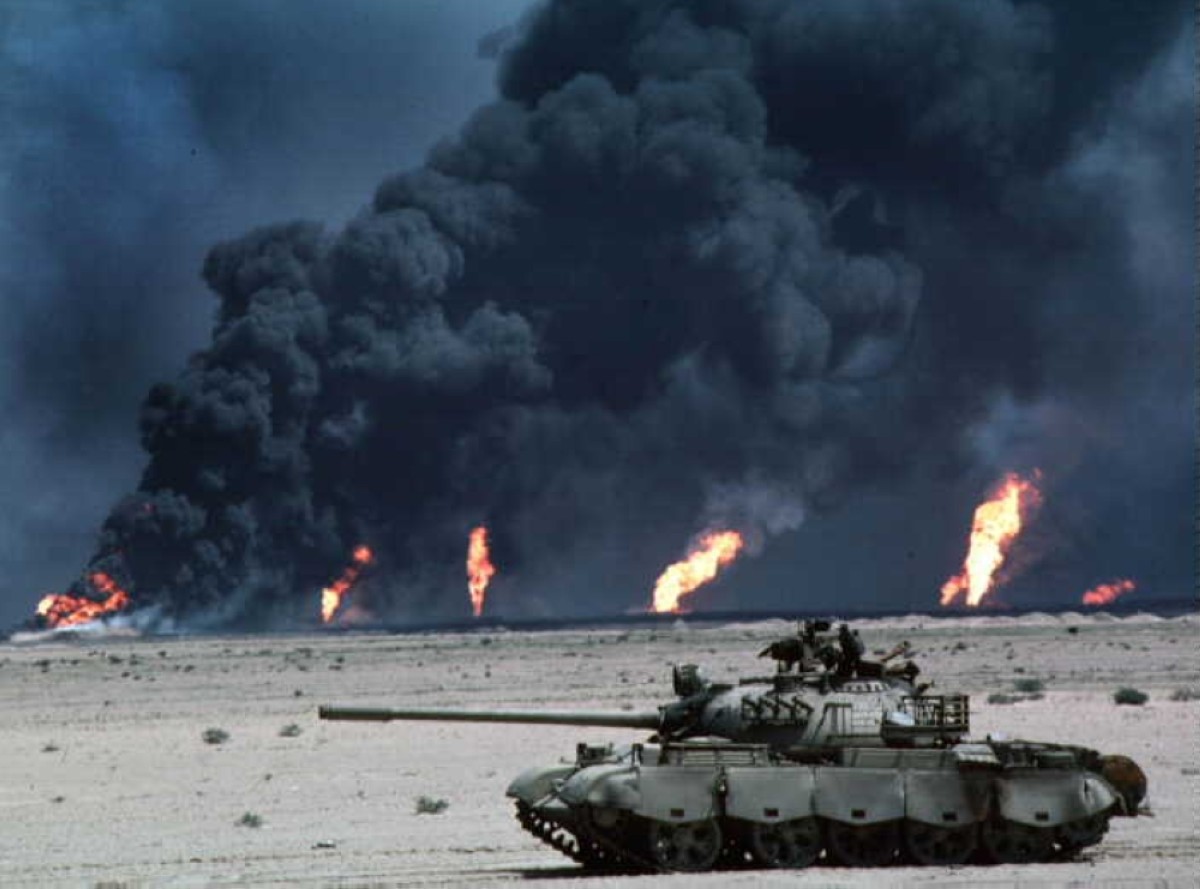
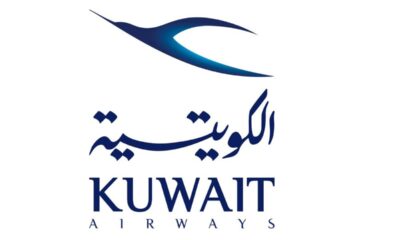
 Latest News21 hours ago
Latest News21 hours ago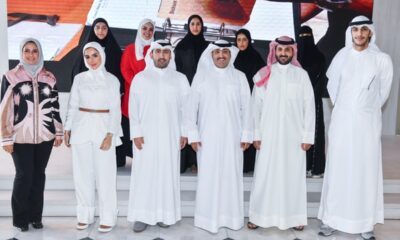
 Latest News22 hours ago
Latest News22 hours ago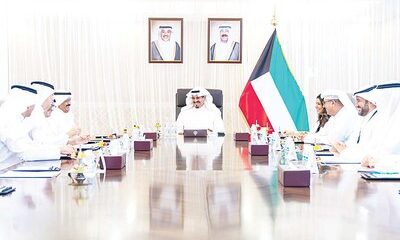
 Business22 hours ago
Business22 hours ago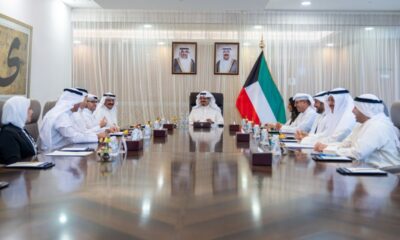
 Latest News23 hours ago
Latest News23 hours ago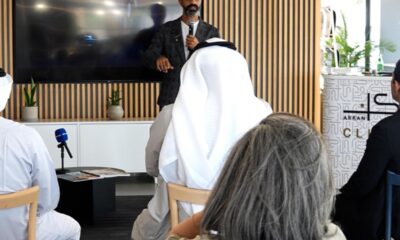
 Latest News18 hours ago
Latest News18 hours ago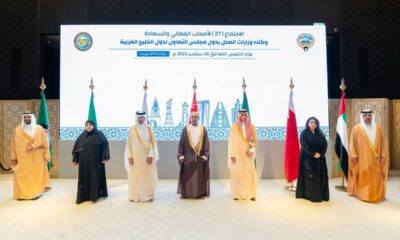
 Latest News16 hours ago
Latest News16 hours ago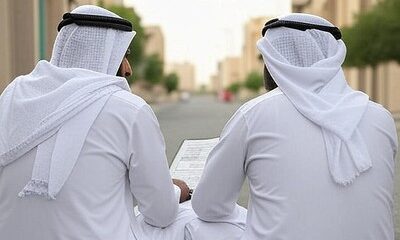
 Politics20 hours ago
Politics20 hours ago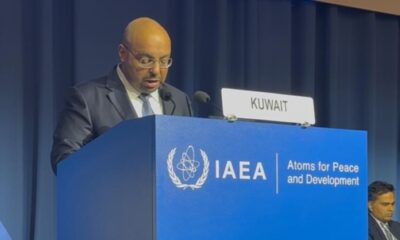
 Latest News20 hours ago
Latest News20 hours ago
